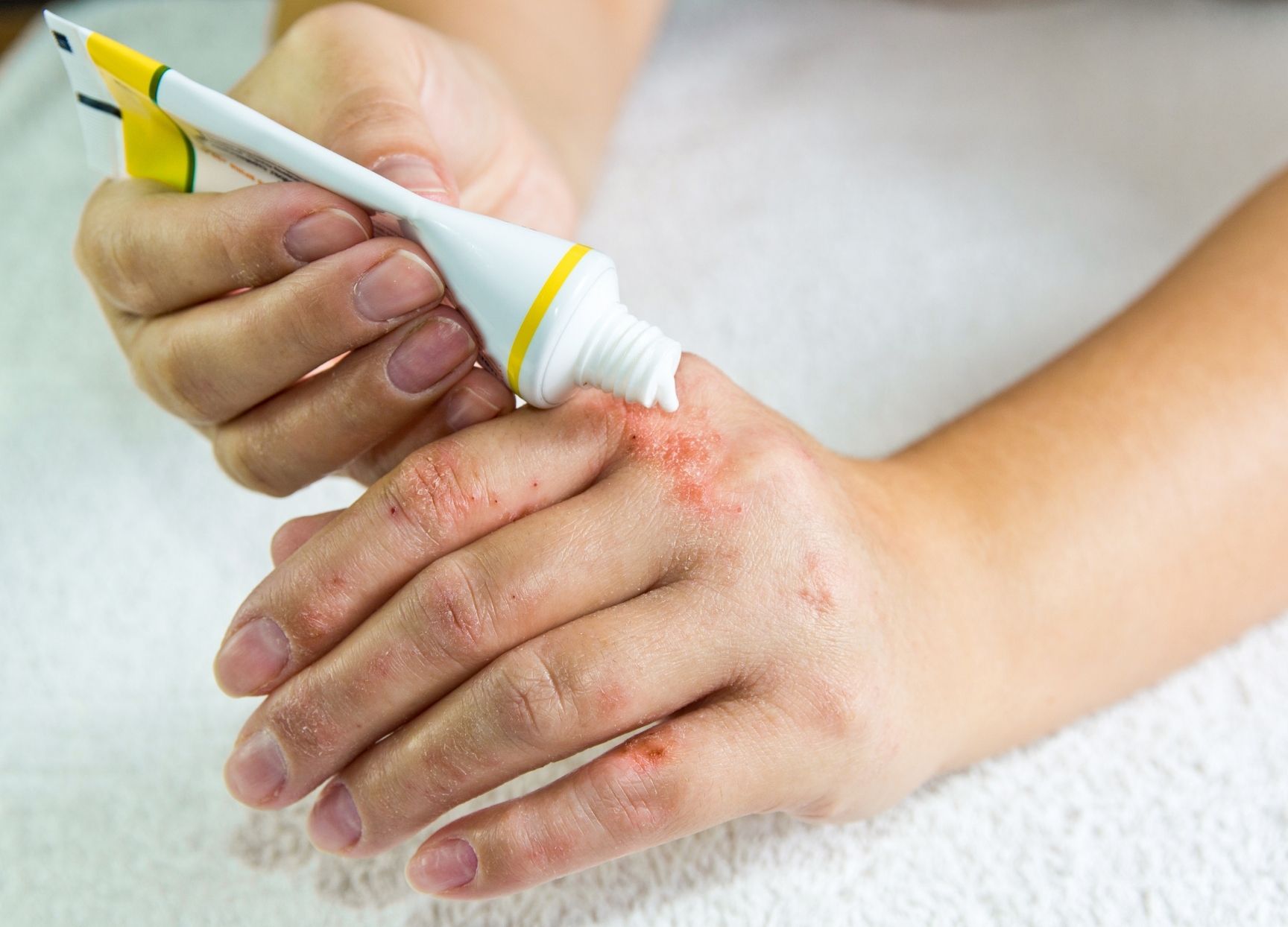Dr Chris Rutkowski
Consultant Allergist
Specialist expertise: Adult Allergy, Drug Allergy, Urticaria, Angioedema, Anaphylaxis, Allergy, Food Allergy, Provocation Food Challenges, ISAC Test, Anti IgE Treatment, Immunotherapy, Hay fever, Rhinitis.
Idiopathic anaphylaxis is when a patient experiences anaphylaxis, however no trigger can be identified.

Idiopathic anaphylaxis is when a patient experiences anaphylaxis, however no trigger can be identified. Some GPs have a clear understanding of allergies and similar conditions, but your doctor may need to refer you to an allergy clinic for diagnosis. The results of skin prick tests and blood tests can help the specialist identify the cause of the problem.
If no cause can be found then the term idiopathic anaphylaxis is used.
Anaphylaxis symptoms usually occur between minutes of exposure to an allergen, or half-hour or longer after exposure and symptoms can include a rapid, weak pulse; a skin rash; or nausea and vomiting.
There are two main types of reaction which could occur:
Uniphasic – these come on quickly and symptoms get rapidly worse, but once treated, the symptoms go and don’t return.
Bi-phasic – these are reactions which may be mild or severe to start with, followed by a period of time when there are no symptoms, and then increasing symptoms with breathing and blood-pressure problems.
Cases in which attacks are occurring frequently may require a few weeks or months of regular treatment such as a daily oral steroid to prevent further attacks and help the condition to settle down.
By having a complete and integrated team of sub-specialty experts under one roof we ensure that patients are seen by the right consultant at every appointment. Our skin health specialists cover a wide range of dermatological conditions, and our dedicated allergy specialists are recognised leaders in their field.